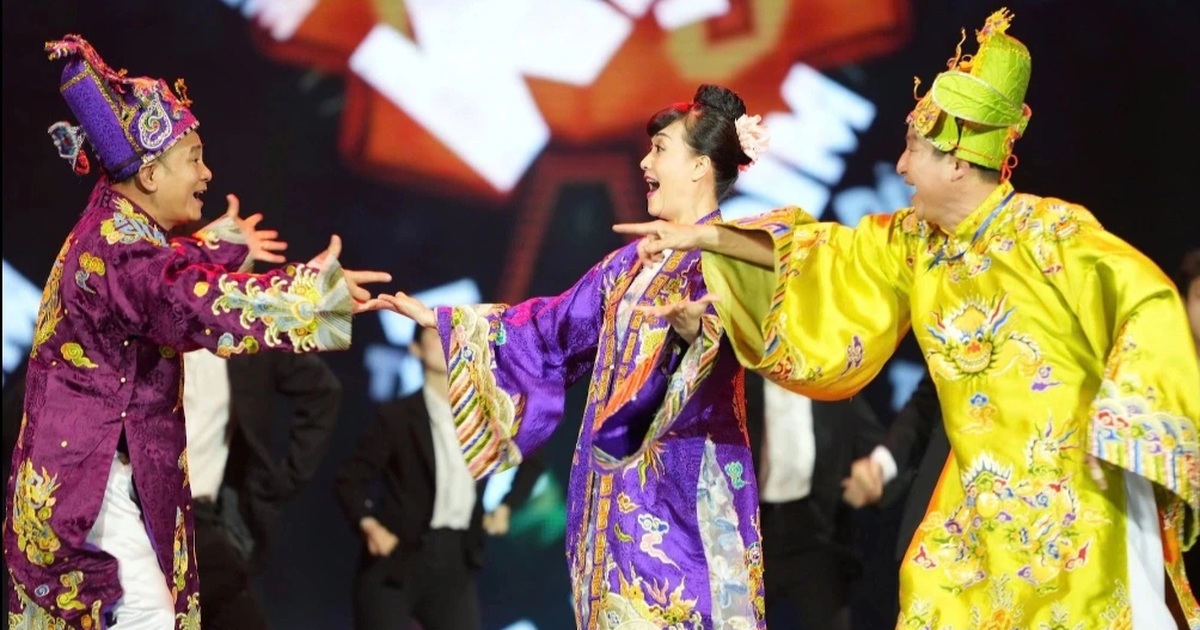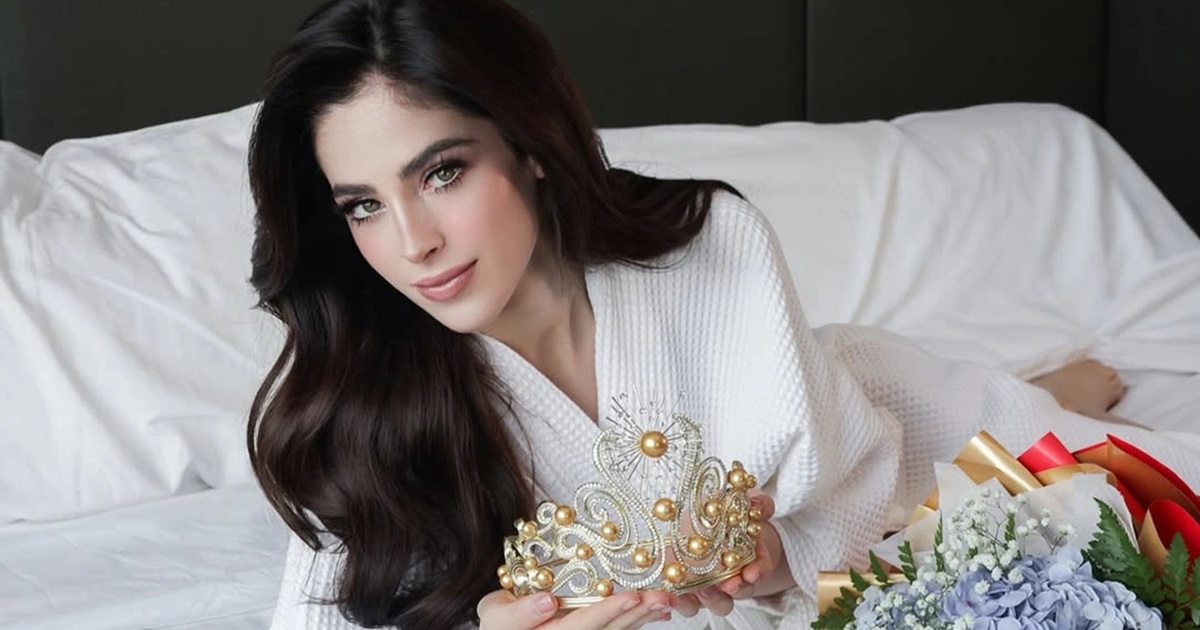Táo Quân từ lâu đã trở thành món ăn tinh thần không thể thiếu trong dịp Tết Nguyên đán của người Việt. Năm 2025, chương trình tiếp tục mang đến những tiếng cười sảng khoái nhưng cũng không kém phần sâu sắc khi phản ánh các vấn đề nổi bật trong đời sống xã hội.
Sự Trở Lại Của Những Gương Mặt Quen Thuộc
Năm nay, Thiên đình chào đón sự tái xuất của bộ tứ “Táo” gạo cội: Chí Trung, Quang Thắng, Tự Long và Vân Dung. Đặc biệt, nhân vật Nam Tào được sáp nhập vào Bắc Đẩu, do nghệ sĩ trẻ Đỗ Duy Nam thủ vai. Bên cạnh đó, các gương mặt mới như Dũng Hớn, Duy Hưng cũng góp phần tạo nên làn gió tươi mới cho chương trình.
Dàn nghệ sĩ gạo cội góp mặt trong “Táo quân 2025”.
Những Vấn Đề Nóng Bỏng Được Phản Ánh Sinh Động
Chương trình mở đầu với khung cảnh người dân đổ ra đường chúc mừng đội tuyển quốc gia Việt Nam vô địch AFF Cup 2024. Không khí rộn ràng này làm nền cho những câu chuyện thời sự nóng hổi được tái hiện qua màn báo cáo của các Táo.
Sáp Nhập Bộ Máy Thiên Đình – Tâm Lý Lo Âu Của Các Táo
Năm nay, chủ trương sáp nhập và tinh gọn bộ máy của Thiên đình khiến các Táo lo lắng về việc giữ vững vị trí của mình. Để chứng minh năng lực, mỗi Táo đều chuẩn bị kỹ lưỡng cho màn báo cáo trước Ngọc Hoàng. Tuy nhiên, những thay đổi bất ngờ từ Ngọc Hoàng đã khiến họ phải đối mặt với nhiều tình huống dở khóc dở cười.
Những Vấn Đề Xã Hội Được Đặt Ra
Táo Giao thông (NSƯT Chí Trung) gây chú ý khi phân trần về việc tăng mức phạt vi phạm giao thông. Một số câu thoại viral như: “Đi bộ lấn làn phạt 3-5 triệu đồng, không mang tiền thì thu dép 3 tháng” hay “Cơ sở hạ tầng là việc của bộ xây dựng, việc của tôi là phạt phạt phạt!” đã trở thành điểm nhấn của chương trình.
Táo Y tế bày tỏ nỗi bức xúc về quy trình đấu thầu thiết bị y tế phức tạp, dẫn đến tình trạng thiếu hụt nghiêm trọng. Trong khi đó, Táo Kinh tế chưa thể bình ổn thị trường vàng, một vấn đề nhức nhối trong năm qua.
Những màn tương tác hài hước trong “Táo quân 2025”.
Âm Nhạc và Trend Mạng Xã Hội – Gia Vị Không Thể Thiếu
Âm nhạc tiếp tục là yếu tố làm nên sức hút của Táo Quân. Năm nay, ê-kíp sử dụng nhiều ca khúc nổi tiếng trong nước và quốc tế như APT của Rosé, Bật tình yêu lên của Tăng Duy Tân và Hòa Minzy, hay Có không giữ mất đừng tìm của Trúc Nhân. Bên cạnh đó, các trend mạng xã hội như Pickleball, Baby Three cũng được khéo léo lồng ghép, tạo sự gần gũi với khán giả trẻ.
Những Ý Kiến Trái Chiều Về Chương Trình
Mặc dù nhận được nhiều lời khen ngợi, Táo Quân 2025 vẫn vấp phải những ý kiến trái chiều. Một số khán giả cho rằng chương trình thiếu đi sự đào sâu vào từng lĩnh vực cụ thể, dẫn đến tính phản biện chưa thực sự mạnh mẽ. Ngoài ra, việc chèn quảng cáo quá nhiều cũng là điểm trừ lớn trong mắt người xem.
Tuy nhiên, nhìn chung, Táo Quân 2025 vẫn là một chương trình đáng xem với thông điệp tích cực, lạc quan. Đây không chỉ là món ăn tinh thần giải trí mà còn là cầu nối để lan tỏa niềm tin vào những điều tốt đẹp trong xã hội.
Khán giả dành nhiều lời khen cho “Táo quân 2025”.
Kết Luận
Táo Quân 2025 không chỉ mang lại tiếng cười sảng khoái mà còn là tấm gương phản chiếu những vấn đề xã hội nổi bật. Dù còn tồn tại một số hạn chế, chương trình vẫn khẳng định được giá trị và sức hút đặc biệt trong lòng khán giả. Hãy cùng đón xem và cảm nhận những thông điệp ý nghĩa mà Táo Quân mang lại!
Nguồn: Dân Trí



